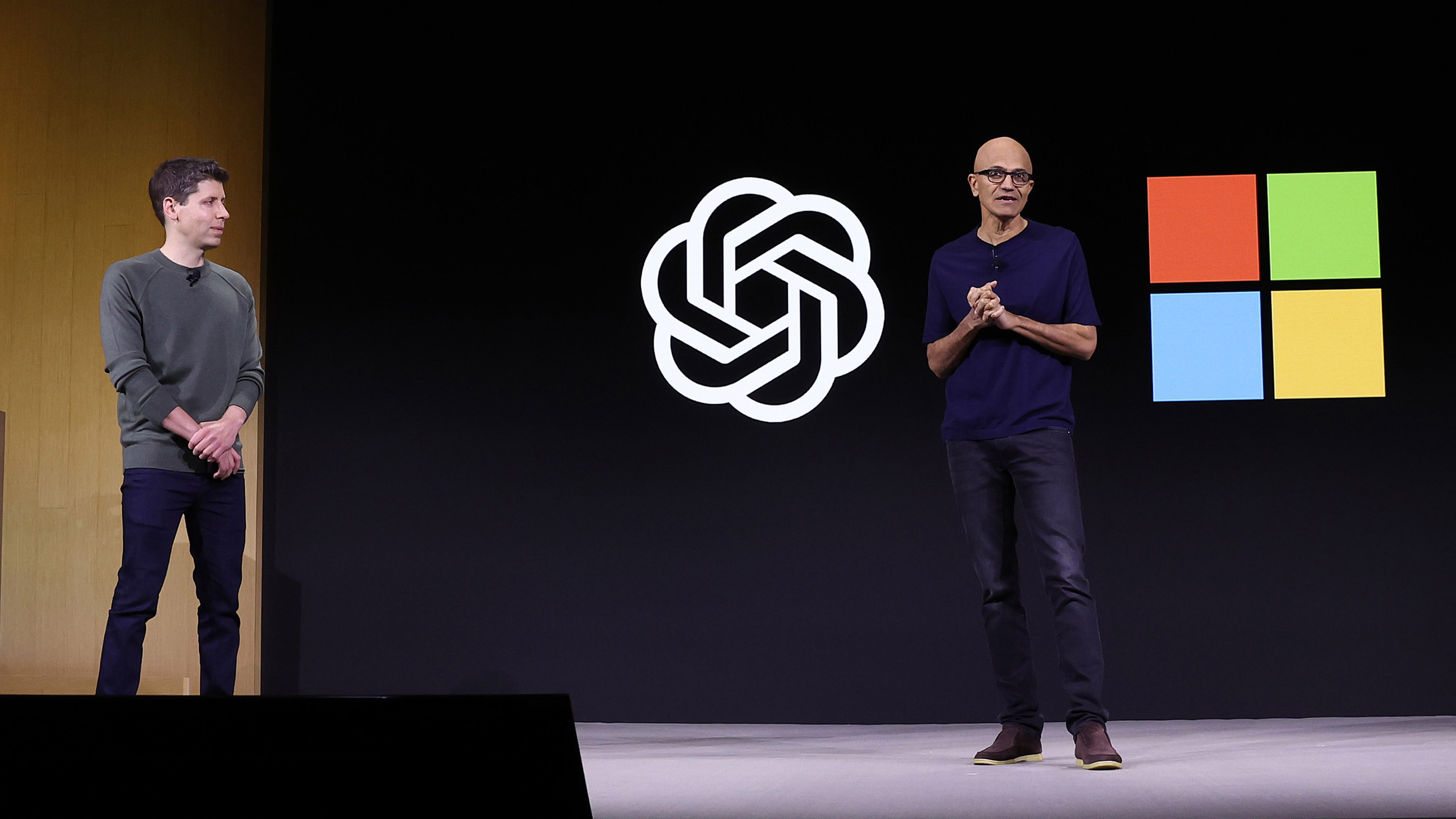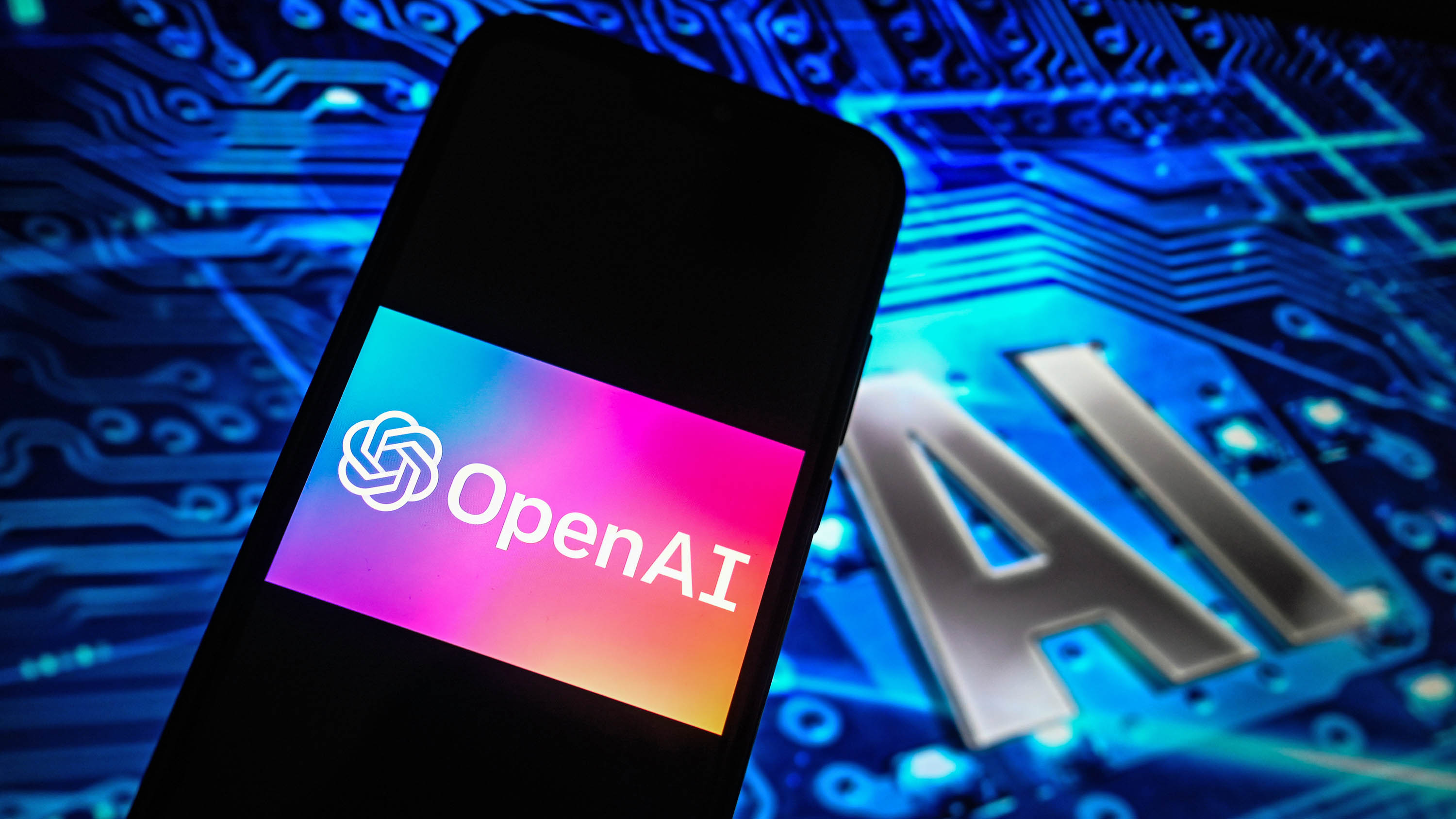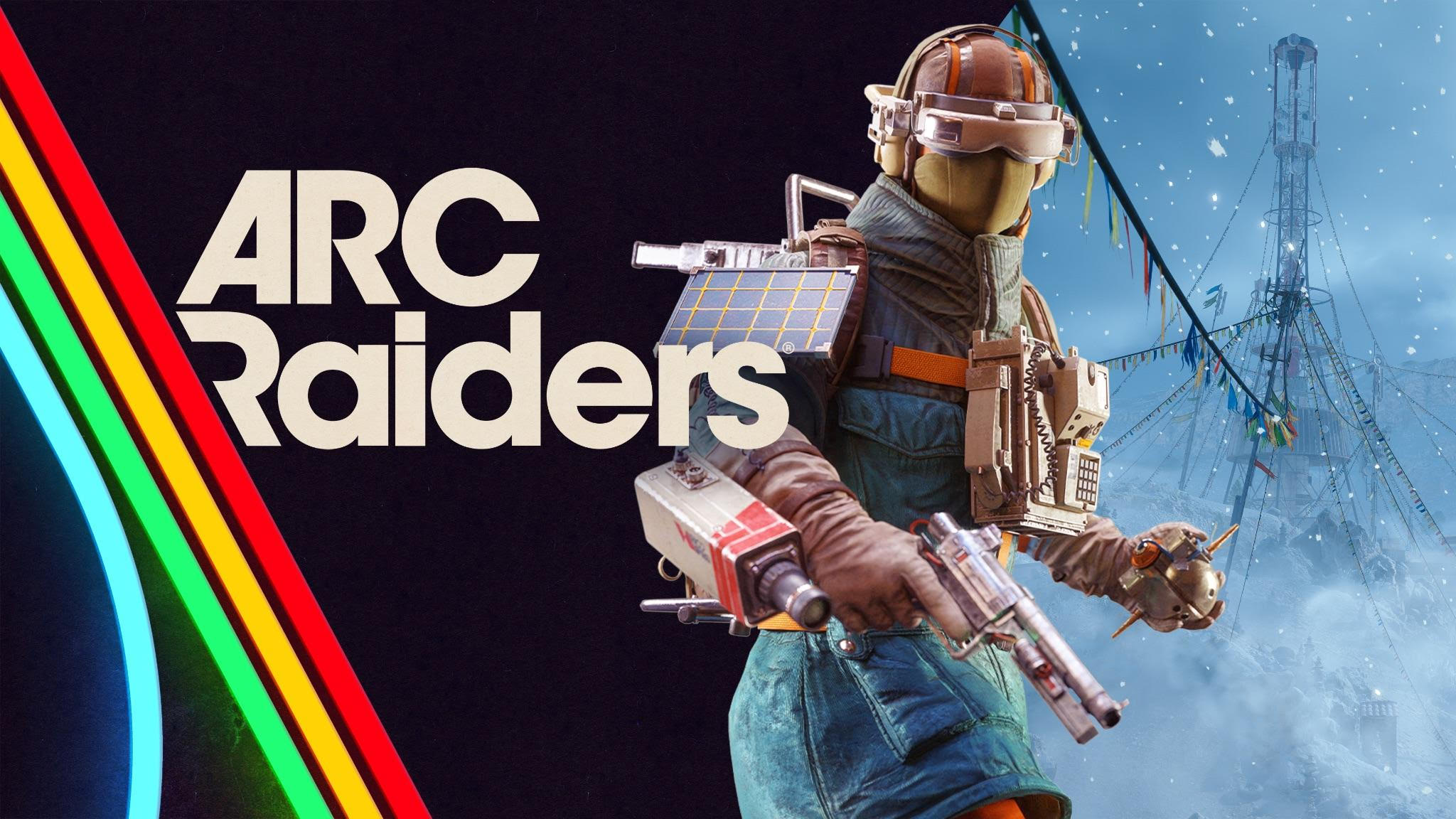Wall Street analysts claim Microsoft's $13 billion OpenAI investment is "some of the best money ever spent" despite bankruptcy reports — Here's why
Microsoft's strategic partnership with OpenAI leaves it with the longer end of the stick, according to market analysts.

All the latest news, reviews, and guides for Windows and Xbox diehards.
You are now subscribed
Your newsletter sign-up was successful
What you need to know
- Despite recent emerging issues between Microsoft and OpenAI's multi-billion dollar partnership, some Wall Street analysts say the former's $13 billion investment is "some of the best money ever spent."
- The analysts attribute their sentiments to Microsoft's exclusive cloud computing services deal with OpenAI and its heavy integration of the ChatGPT maker's AI smarts across its tech stack.
- OpenAI is potentially struggling to secure adequate funding for its advanced AI projects as predictions suggest interest in the AI bubble is quickly fading.
Over the past few years, Microsoft's focus has seemingly shifted toward generative AI, especially after its multi-billion dollar investment in OpenAI. Admittedly, it's mostly been a strategic move on Microsoft's part, briefly making it the most valuable company in the world ahead of Apple and NVIDIA. The latter two have also tasted the crown, with market analysts and experts attributing their exponential growth to an early investment in generative AI.
Microsoft's AI bubble chase has also encountered critical setbacks and bottlenecks. For instance, OpenAI's board of directors ousted Sam Altman as CEO late last year. The move sparked controversy and was received with reservations from employees indicating, "OpenAI is nothing without its people." Altman was reinstated as CEO a few days later.
Interestingly, rumors indicated Microsoft was getting ready to set up shop in OpenAI's headquarters in San Francisco at its LinkedIn offices. The Redmond giant was reportedly gearing up to launch a new AI division with Sam Altman and Greg Brockman at the helm.
Earlier this year, Microsoft announced an internal reorg, placing products like Microsoft Edge, Bing, and Microsoft Copilot under a new Microsoft AI division run by Deep Mind co-founder Mustafa Suleyman.
Microsoft's ever-evolving partnership with OpenAI remains complicated amid many issues, including regulation, bankruptcy claims, and investor concern about a clear profitability path.
Microsoft insiders have equally raised concerns over the tech giant's relationship with the ChatGPT maker, citing it has seemingly turned into an overnight "glorified IT department for the hot startup." A former Microsoft executive alleged the partnership between OpenAI and Microsoft contributed to the death of products like Azure Cognitive Search, Azure AI Bot Service, and Kinect DK.
As you may know, OpenAI was recently on the cusps of bankruptcy with projections of $5 billion in losses within the next 12 months. The ChatGPT maker was able to wiggle its way out of this tough situation through another round of funding from investors, including Microsoft and NVIDIA, raising $6.6 billion, ultimately pushing its market cap well beyond $157 billion.
All the latest news, reviews, and guides for Windows and Xbox diehards.
Previously, investors had started raising concerns over Microsoft's heavy spending on AI projects with little to no returns to show. Market analysts and experts predict that the AI hype is slowly fading, potentially swaying investors away from generative AI investments and prompting them to channel their funds elsewhere. A report suggests that 30% of AI projects will be abandoned by 2025 after proof of concept.
OpenAI spends large amounts of money on its AI advances, potentially explaining why it's on its eighth round of funding. For context, the AI firm spends up to $700,000 daily to keep ChatGPT running. However, the ChatGPT maker's recent funding round places it in a tough situation, forcing it to turn into a for-profit venture within the next 2 years or risk refunding the money raised by investors coupled with outsider interference and hostile takeovers. This has prompted some market analysts to predict that Microsoft could acquire OpenAI within the next three years.
The move to transition into a for-profit venture faces many challenges from staffers, regulators, and government. As we speak, OpenAI is battling a legal battle in the corridors of justice over the same issue. Billionaire and former OpenAI co-founder Elon Musk filed a lawsuit against OpenAI and Sam Altman, citing "a stark betrayal of the firm's founding mission" alongside alleged involvement in racketeering activities.
Microsoft's $13 billion OpenAI investment was money well spent
While issues like OpenAI snubbing Windows and shipping ChatGPT's desktop app exclusively to Apple's macOS might seem like a lethal jab to its partnership with Microsoft, Microsoft is in good standing to reap many benefits from the best 'bromance' in tech (via The Motley Fool).
Right off the bat, Microsoft exclusively provides cloud computing services to OpenAI for its advanced and sophisticated AI advances. A recent report disclosed that Microsoft will get a 20% cut of OpenAI's revenue stream due to its early investment. However, OpenAI could be left running on fumes, making $44 billion in losses before seeing a profit in 2029.
RELATED: Is Microsoft's multi-billion dollar partnership fraying?
Next, Microsoft has heavily integrated OpenAI's AI smarts across its tech stack, prompting it to launch AI-powered products and services like Microsoft 365 Copilot and Azure OpenAI Service. The platform helps automate redundant and repetitive tasks across Word, PowerPoint, and Excel, prompting 70% adoption by Fortune 500 companies.
Following the highlighted opportunities presented to Microsoft via its strategic partnership with OpenAI, several Wall Street analysts tout the $13 billion investment as "some of the best money ever spent."
🎃The best early Black Friday deals🦃
- 🎮ASUS ROG Ally (Ryzen Z1) | $399.99 at Walmart (Save $100!)
- 💽Seagate Xbox Series X|S Card (2TB) | $199.99 at Best Buy (Save $160!)
- 📱iPad 9th Generation (64GB) | $199.99 at Best Buy (Save $130!)
- 🎮Xbox Series X (1TB) | $449.99 at Best Buy (Save $50!)
- 🖥️ABS Cyclone Desktop (RTX 4060) | $1,099.99 at Newegg (Save $400!)
- 💽WD_BLACK SSD for Handhelds (2TB) | $181.99 at Best Buy (Save $58!)
- 💻HP Victus 15.6 (RTX 3050) | $449.99 at Best Buy (Save $430!)
- 📺LG OLED Curved Ultrawide (32-inches) | $889 at Amazon (Save $610!)
- 🎮Lenovo Legion Go (Ryzen Z1 Extreme) | $549.99 at Best Buy (Save $150!)
- 📺HP Curved Ultrawide (34-inches) | $349.99 at Best Buy (Save $130!)

Kevin Okemwa is a seasoned tech journalist based in Nairobi, Kenya with lots of experience covering the latest trends and developments in the industry at Windows Central. With a passion for innovation and a keen eye for detail, he has written for leading publications such as OnMSFT, MakeUseOf, and Windows Report, providing insightful analysis and breaking news on everything revolving around the Microsoft ecosystem. While AFK and not busy following the ever-emerging trends in tech, you can find him exploring the world or listening to music.

